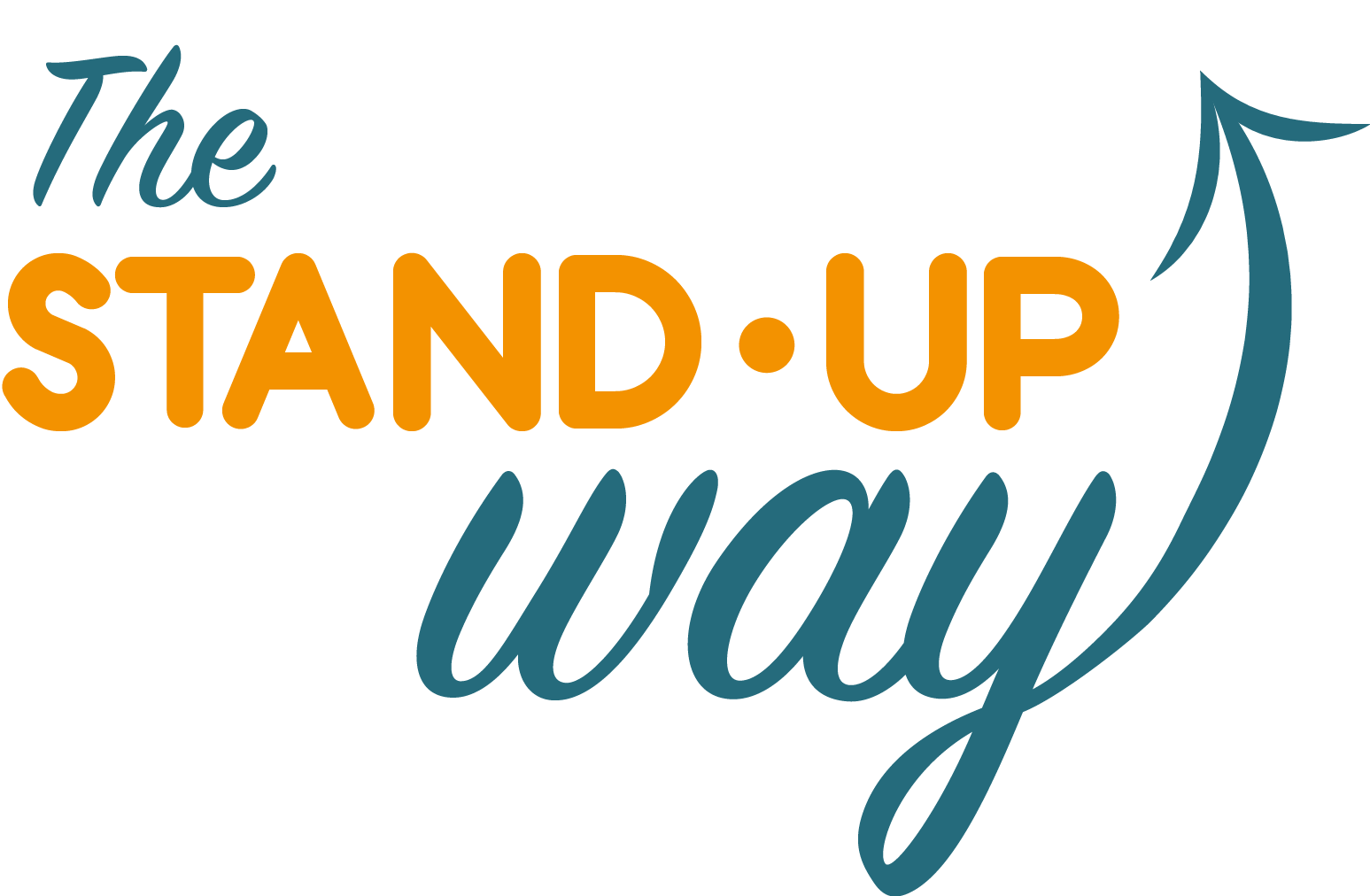
Basic income seems to be on the radar these days. Proponents and opponents can be found in the entire range of the political spectrum. The reasons why they are for or against differ though.
On the right the proponents see it as a solution to cut red tape, simplify the welfare mechanism and thereby reduce government meddling while at the same time giving people more autonomy so they can lift themselves out of poverty. The opponents say there’s not enough money to pay for it and it would only raise prices of everything so that the net result would be non existent for the population at large.
On the left the proponents say that it would help people to destress about having their basics covered and that it would increase productivity and entrepreneurship. In small scale experiments this has actually been the case. Opponents say it’s a ploy of the right to destroy the welfare state because they would use it as an excuse to dismantle social support programs.
So, who is right? As usual, it depends.
Basic income is a means to an end, not an end goal
When you have a hammer, you can do several things with it. You can either use it to build furniture or housing or you can bash someone’s head in with it. With the same tool both positive and negative results can be achieved. This says nothing about whether creating a hammer is a good or a bad thing. It depends on how it’s used.
The same goes with basic income. It’s a tool and depending on how it is deployed it can have a positive or a negative impact.
There are a couple of factors to take into account here:
- The size of the basic income
- Whether it will remain fixed over time or will be adapted to new economic realities
- What is done to which social support program. Pensions and disability funds are not the same thing for example.
Let’s look at a couple of hypothetical cases.
Unemployment benefits and pensions
Can we abolish unemployment benefits when we introduce a basic income? It depends. If the basic income is high enough so that people can live a decent life, then yes, we could get rid of unemployment benefits. Even reducing them would be unfair to the unemployed since then they would be the only ones to not see their situation get any better. For example, Finland will start handing out a basic income of 560 EUR per month in 2017. That is not enough to get rid of unemployment benefits because you simply can not live a decent life with that amount. That means that the savings, by getting rid of the administration which checks whether someone has a right to an unemployment benefit, can not be made. The same goes for pensions.
Child benefits
This one’s easy. If the child also gets a basic income that’s at least equal to the amount of the child benefit then it can be safely abolished.
Disability and health care benefits
These should remain untouched since the cost of having a disability or disease that requires expensive treatment does not go away with a basic income. These are extra costs that is provided by society as a whole based on the solidarity principle.
Conclusion
Implementing a basic income, even a small one, could be a boon for society at large where well being, personal freedom and entrepreneurship could all rise. Care needs to be taken on how it is implemented though. When governments announce that they will start a basic income experiment we need to remain vigilant. Some costs in government departments, like unemployment benefits, can only be made when the basic income is high enough and on some costs, such as disability benefits, the basic income should have no impact because otherwise it would become destructive.
So, basic income, good or bad? It depends.
Also published on Medium.



No comment yet, add your voice below!